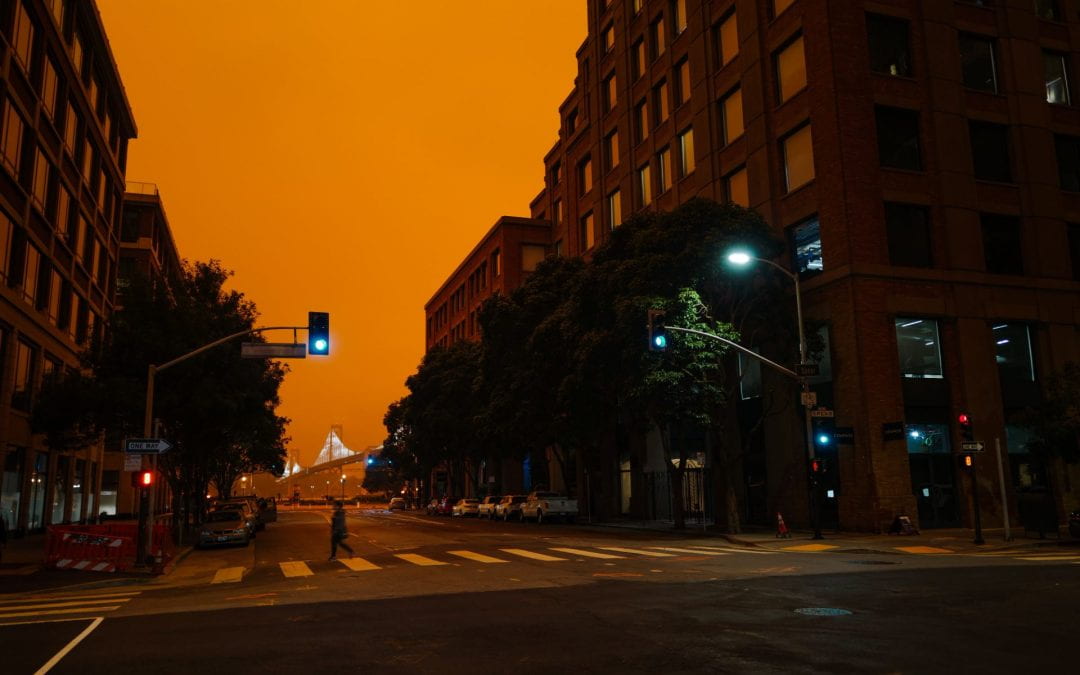In the last few weeks, the western part of the United States has experienced one of the worst wildfire seasons in history. Not coincidently, some areas have also recorded the highest temperatures since records began. What is the relationship between climate change and the frequency, intensity, and destruction of wildfires? What role does forestry management play in these wildfires? Doug Becker speaks with George Perry, Peter Ward, Beverly Law, and William Moomaw.
George Perry is a Professor at the School of Environment at the University of Auckland, New Zealand. He studies the effects of humans on forest ecosystems.
Peter Ward is a Professor of Paleontology and Biology at the Earth and Space Sciences Department of the University of Washington, Seattle. He is the co-author of Rare Earth: Why Complex Life is Uncommon in the Universe.
Beverly Law is a Emeritus Professor in the Department of Forest Ecosystems and Society at Oregon State University. She is an expert in forest, wildlife and landscape ecology
William Moomaw is a Professor Emeritus of International Environmental Policy at Tufts University. He is an expert in sustainable development and natural solutions to climate change.
Podcast:
This interview originally aired on the Scholars’ Circle. To access our archive of episodes and download this interview, click here.
For more of our audio and visual content, check out our YouTube channel, or head to the University of Auckland’s manuscripts and archives collection.
Disclaimer: The ideas expressed in this discussion reflect the views of the guests and not necessarily the views of The Big Q.
You might also like:
What are tipping points and what do they mean for our ecosystems? 🔊
What is the relationship between climate change and wildfires? 🔊

